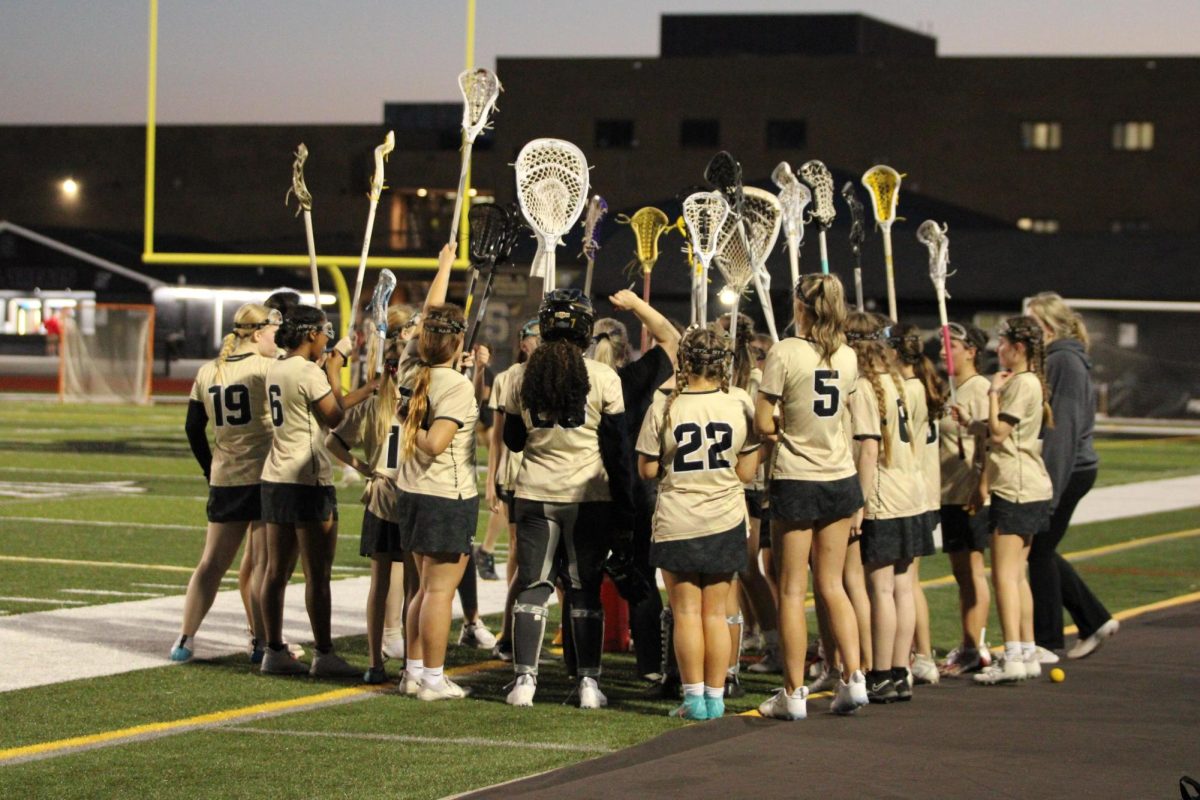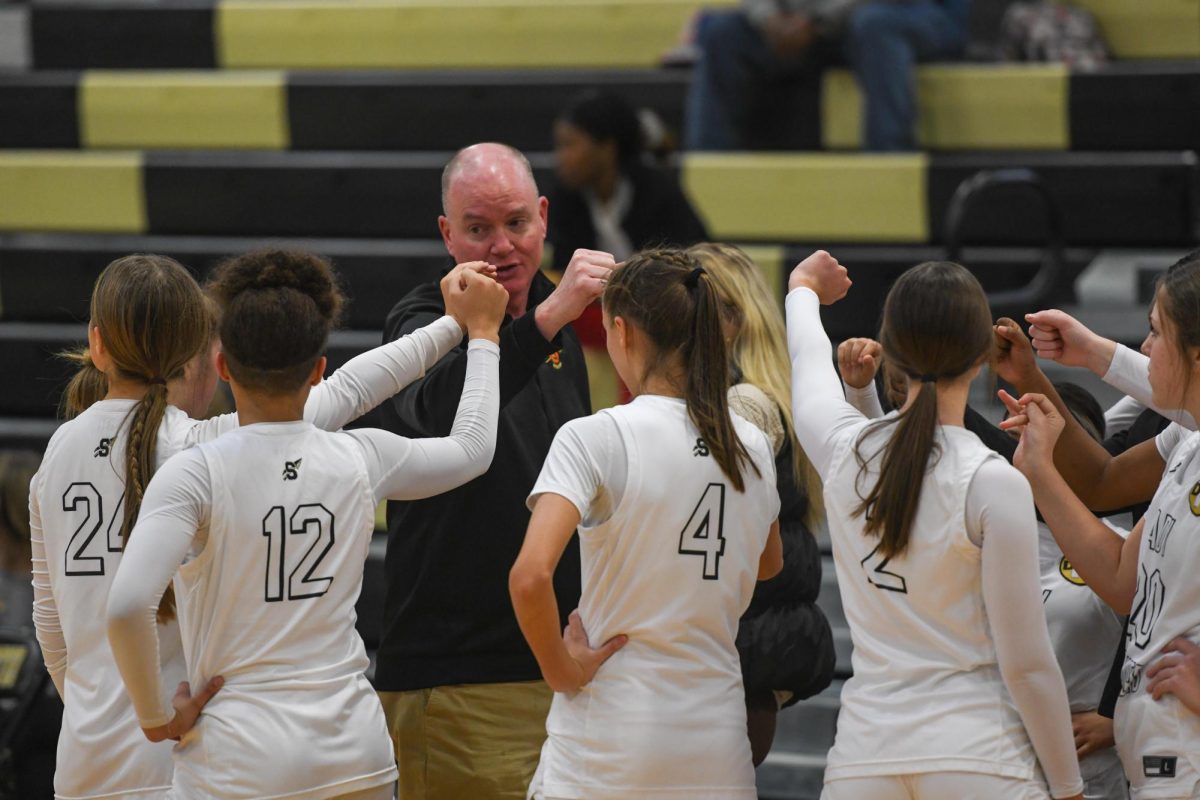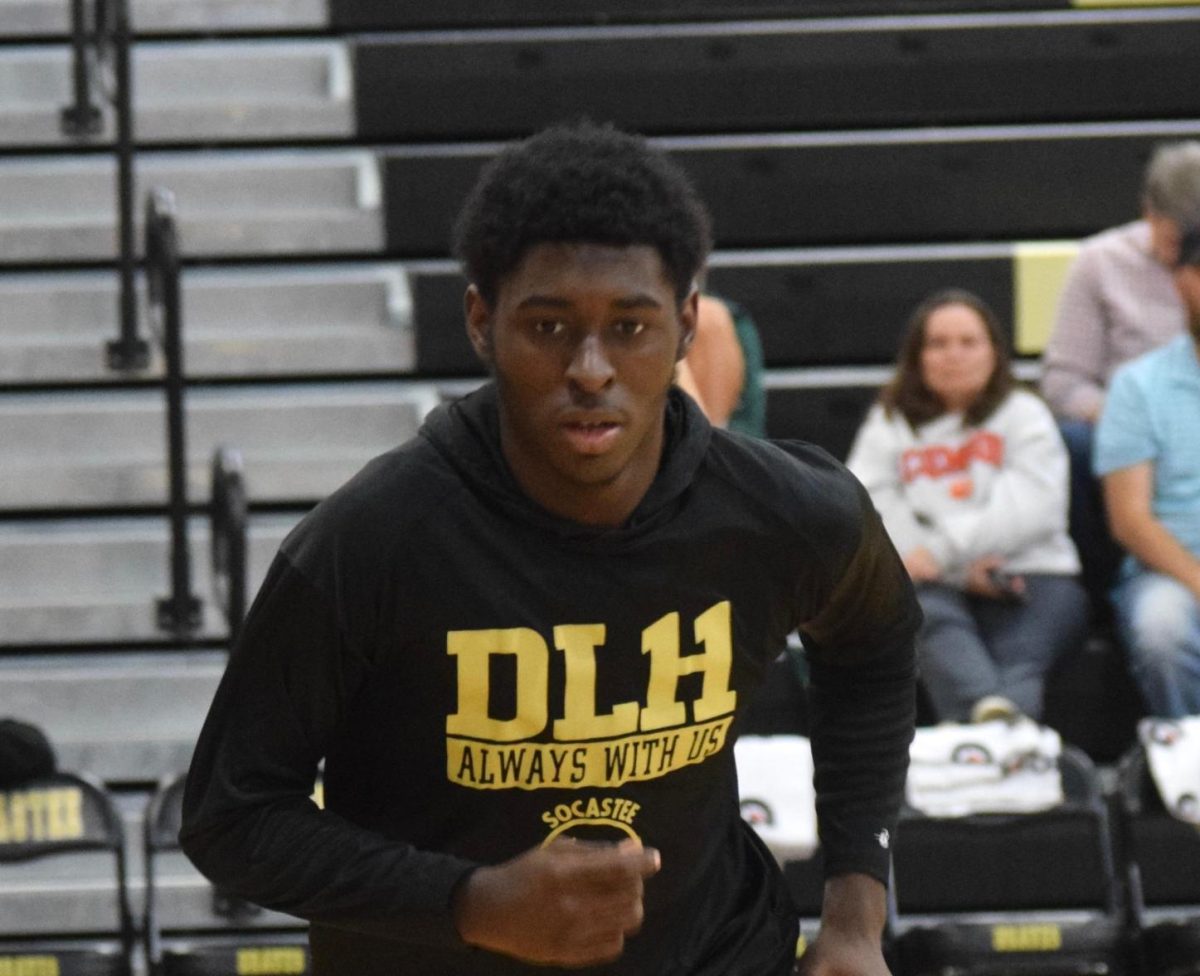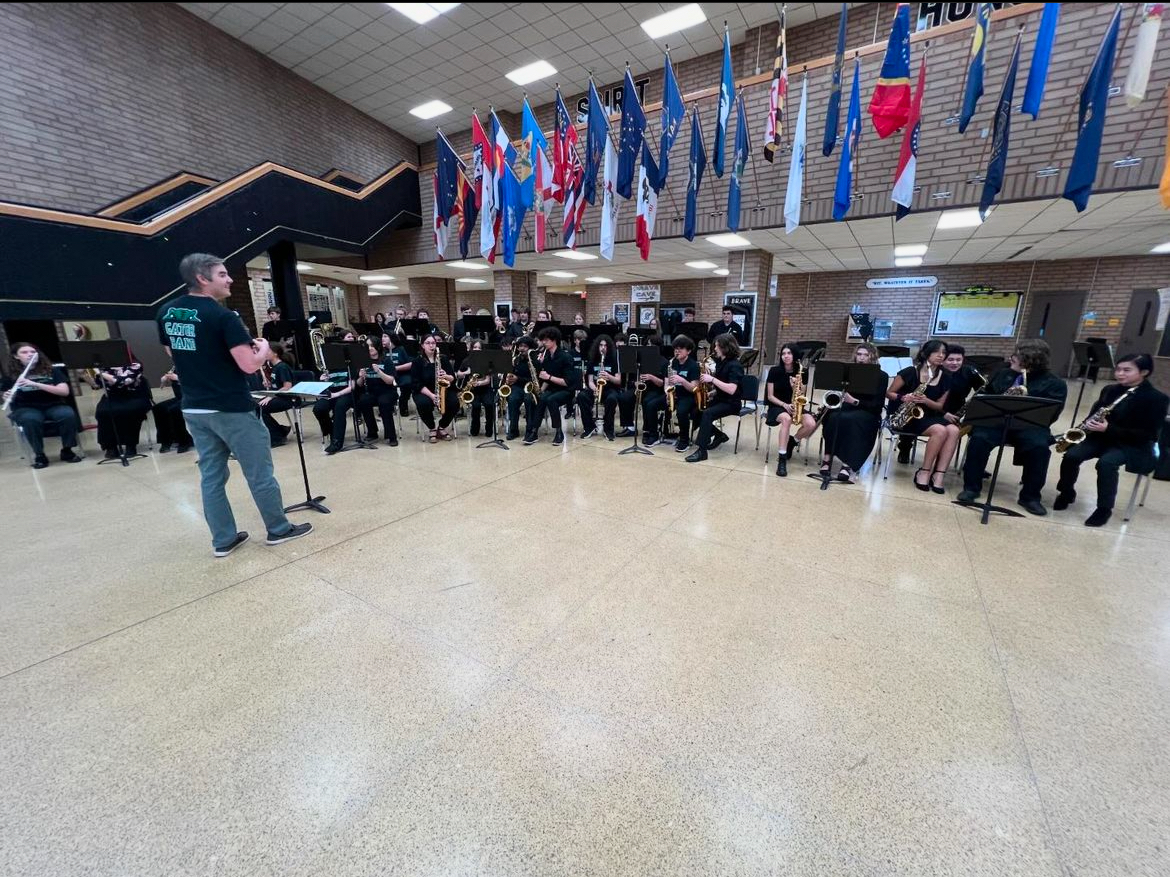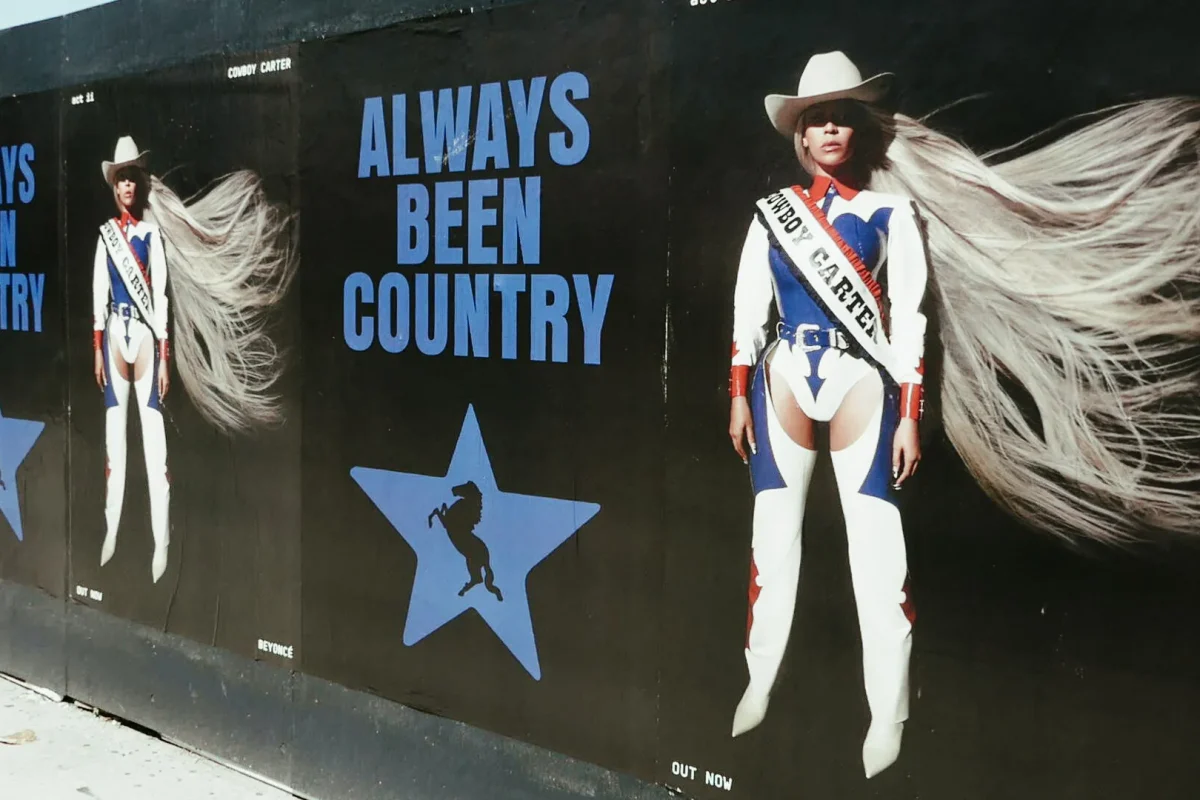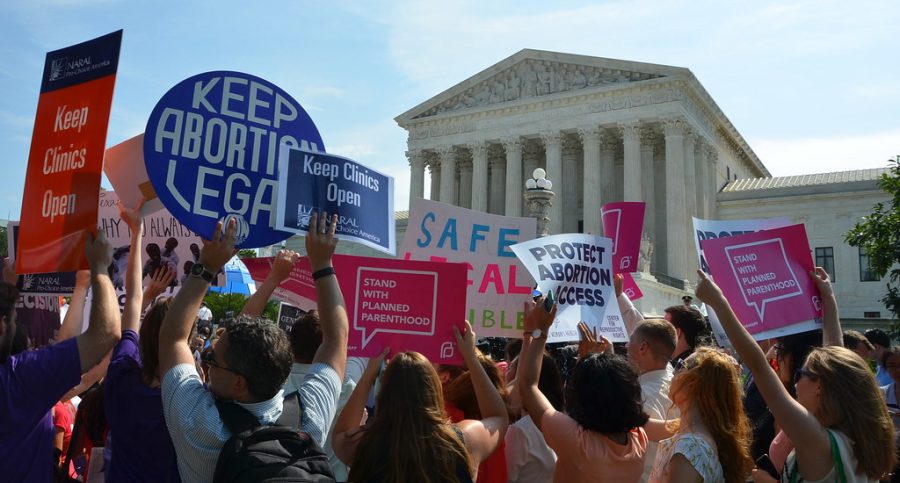OPINION: Overturning Roe v. Wade Threatens Fundamental Rights
Roe v. Wade has been threatened since it first passed in 1973. Here, protestors chant about saving the law at a Supreme Court rally on June 27, 2016.
On May 3, Politico published a leaked version of Supreme Court Justice Samuel Alito’s draft majority opinion to overturn Roe v. Wade, the 1973 ruling that guarantees a woman the right to have an abortion up until the point of fetal viability, usually around 24 weeks. The potential overturning of Roe goes so much deeper than abortion. If this landmark decision is overturned, our fundamental rights are at stake. The public must demand their right to choice, which is their right to life.
The draft opinion that was published is not the final opinion. This is simply the first draft of the majority opinion, written by Justice Alito in February, to be circulated to his fellow justices in an effort to pick up a final vote. It is, however, an indication of where the court is leaning on the topic of overturning Roe v. Wade.
Overturning Roe would not necessarily outlaw abortions everywhere, but it would allow states the opportunity to do so, no matter their circumstances or situation. Political officials cannot assume – nonetheless prohibit action for – what is best for a parent, or a child, without knowing the details of their situation.
Some parents feel that they cannot provide a healthy environment for a child. Some are too poor: Poverty rates for people under the age of 18 increased from 14.4 percent in 2019 to 16.1 percent in 2020. This means that 11.6 million children were living in poverty in 2020 (United States Census Bureau).
Some don’t have enough education to provide for their child: Only about 50 percent of teen parents receive a high school diploma by 22 years of age, whereas approximately 90 percent of people who do not give birth during adolescence graduate from high school (CDC). It’s extremely difficult to get a reliable source of income without a high school diploma.
Finally, some people are in unhealthy relationships that they don’t want to bring a child into: Nearly 20 people per minute are physically abused by an intimate partner in the United States. With that, almost 3 million women in the U.S. experienced RRP (Rape-Related-Pregnancy) during their lifetime (NCADV).
If Roe v. Wade is overturned, some states will immediately ban abortions, which means people needing abortions will swarm into neighboring states where they can find assistance. The demand for abortions in states where it is legal will increase, and clinics will struggle to provide the necessary support and services. Also, people of low economic status and people of color who lack support and resources might not be able to take off work and set aside enough money to travel to where they can legally and safely receive an abortion (The Daily).
In addition to the personal factors that make overturning Roe v. Wade inhumane, Alito’s legal arguments are flawed. His central argument is, “The constitution makes no reference to abortion, and no such right is implicitly protected by any constitutional provision.” However, Roe v. Wade states that the Due Process Clause of the Fourteenth Amendment – that no person shall be “deprived of life, liberty, or property without due process of law” – “includes the right of a woman to decide whether or not to terminate her pregnancy.” Many feel that by depriving their right to an abortion, the federal government is depriving them of liberty.
In his planned response to this argument, Alito acknowledges that “the liberty clause of the 14th amendment has been held to guarantee some rights that are not mentioned in the constitution, but such rights must be ‘deeply rooted in the nation’s history and tradition and implicit in the concept of ordered liberty’.” He states that although the court does not lightly overturn precedence, that with abortion this is not the case, considering that it is justified in this case because prohibiting abortion is an “unbroken tradition.” In other words, since this is how it was in the past, this is what we should go back to.
With this logic, if this law is overturned, then what will be holding us back from revoking other areas where the Supreme Court has expanded rights that were not explicitly spelled out in the constitution? This threatens same-sex marriage. This threatens integrated schools, despite the fact that they have been established for decades. This destroys the progress we have made with the liberty we are entitled to as Americans. By allowing this line of reasoning to pass through the court, we are allowing this “justification” to be made for other rulings passed as well. It starts with abortion, an attack on women, but where does it end?
As a disclaimer to this public question, Alito states, “To ensure that our decision is not misunderstood or mischaracterized, we emphasize that our decision concerns the constitutional right to abortion and no other right … Nothing in this opinion should be understood to cast doubt on precedents that do not concern abortion.” But how can the court refute future arguments that go against its own logic? This disclaimer is not reassuring, considering a landmark decision like Roe v. Wade, which was never meant to be overturned, now seems to be in the majority of the court’s favor.
So what does this mean for our future? The court is not supposed to be political; it is supposed to be just. However, that does not seem to be the case. Retired Justice Stephen Breyer was replaced by President Trump appointee Brett Kavanaugh in 2018, and Amy Coney Barrett was appointed by Trump in 2020, following the passing of the more liberal Ruth Bader Ginsburg. New York Times Reporter Adam Liptak states that if the mere replacement of a couple of Democratic-appointed justices is changing the direction of the court on such a fundamental point, then many people are going to view the Supreme court as a third political branch (The Daily).
It is more important than ever to advocate for abortion rights and to inform people on what they may not understand about it. Actions of advocacy could include: donating to local abortion funds and supporting organizations such as Planned Parenthood, pushing for better sex education, free contraception, increased food security, healthcare and housing to lower the feeling of need for an abortion in the first place. Most importantly, people should contact their state senators and representatives. If this decision is passed, then we will be left to rely on them for safety and liberty.

Leea Port is a senior serving as a co-editor on her third year of writing for Socastee High Yearbook and The NativeVoice.net. She also was part of Socastee’s...







